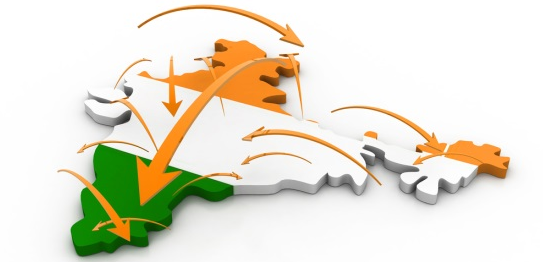India loves a good debate. Towards the end of 2015, this debate centred around Facebook’s “Free Basics”, a facility through which a limited offering of the Social Network, as well as some other internet websites (selected by Facebook) would be made available free of cost.

The debate became a conversation about the nature of the internet itself. Whether it should be ‘Free’ from cost, as Facebook and its founder, Mark Zuckerberg, wanted to present it – or whether it should be free from the control that was implicit in such an offering coming through a private company.
Both sides made passionate arguments, and like most debates, were higher on rhetoric than substance. Advertisements, editorials, YouTube videos, online petitions – all were used to make points for either side. In the end, it was the ‘free of control’ lobby that scored a victory, and Free Basics has been withdrawn, but it is quite likely that this is only one round in what will be a long-drawn-out contest.
In the midst of all this, perhaps it is a good idea to step back and take a look at what the Internet means to the users.
While children born within the last ten years have lived most of their lives in a connected world, those of us who are older remember a world without the ubiquitous Internet. A time when physical distance was highly restrictive and media referred exclusively to print and television.
What did the Internet do for us, then? For one thing, it exploded borders. Access to the rest of the world was now easily available. From movies to music, from television to sports, from European art to Japanese anime, the world opened up for us. It enabled the growth of a whole new economy, created jobs and provided information. As the popular telecom company ad goes, it became much more difficult to make an ‘ullu’ out of people.
Seen in this context, it seems difficult to argue against an Internet that is free of charge. What the paid internet did for my generation – and my socio-economic class – the free internet is supposed to do for those who might not otherwise have the resources to pay for internet access.
But the counter argument is equally potent. By enabling only a select set of services on the ‘free basics’ platform, Facebook (and the telecom partners it had enlisted) were essentially restricting the scope of the Internet for the users and locking them in to only those services that Facebook approved.
Deciding which side is correct is not easy. Mark Zuckerberg’s powerful editorial in the Times of India made an emotional appeal by pointing out that through the power of the Internet, the lives of many of India’s poorest could be transformed. Access to information on commodity prices would enable farmers to sell their yield to the best buyer, access to educational material would allow children from poorer families to make significant changes to their lives.
On reflection, however, these arguments by the proponents of the Free Internet seem defective. In its existing form, Free Basics did not include access to videos, YouTube or even to pictures, which greatly restricts the possibility of learning.
As for giving a farmer access to pricing information, the sad fact is that lack of transportation infrastructure, cold chains and working capital is what restricts the earning potential of India’s farmers, not the fact that they do not know what prices their commodity could get in the cities.
Moreover, in the long run, Free Internet in the form envisaged has the potential to distort market dynamics. When the number of websites that can be a part of the platform is restricted, there is a conscious direction of users away from content that is not on the platform. It would make it impossible for a competitor to enter the market even if he had a better product, if he could not make it available on the restricted ‘free’ platform.
The solution to the issue then – that of enabling India’s offline population to access the Internet may not lie in offering Internet access through a private company’s curated platform. It might be better to let the Internet be free of control, and explore the option of subsidizing access fees for the economically weaker sections of society, which was one of the alternate solution proposed during the hearings on the legality of Free Basics.
Whichever way we choose to lean, it is important to remember the handing over control of information to a single entity is dangerous. Freedom from control may come at a cost, but the cost of ceding that control might be even higher.































